Most scholarly edited volumes are narrow and intensely academic; by professors, for professors. Preventing Regulatory Capture has much grander ambitions: it seeks to reorient scholarship of regulation, but also to lend intellectual heft to a rather undisciplined political idea presently coming back into fashion, namely, that special interests exert a profound and corrosive influence on our policymaking system by capturing their regulators. Under the auspices of the Tobin Project, a Cambridge, Massachusetts, non-profit billing itself as “a catalyst for transformative research in the social sciences,” the editors have collected impressive contributions from seventeen scholars from several disciplines, as well as a short postscript by the former Chairman of the House Financial Services Committee (James Leach) and the junior senator from Rhode Island (Sheldon Whitehouse).
The result is a rich volume that a wide audience would benefit from engaging with. But the book’s influence is much likely to be greater among those who never pick it up, and in that regard it is a fascinating case study in how the authority of social science is forged into rhetorical weaponry suitable for political battle. It is worth considering some of the authors’ reasons for seeking to reorient capture theory, as well as what that attempt can tell us about the relationship between careful scholarship and political discourse.
Read the full review at The New Rambler.
The Brookings Institution is committed to quality, independence, and impact.
We are supported by a diverse array of funders. In line with our values and policies, each Brookings publication represents the sole views of its author(s).

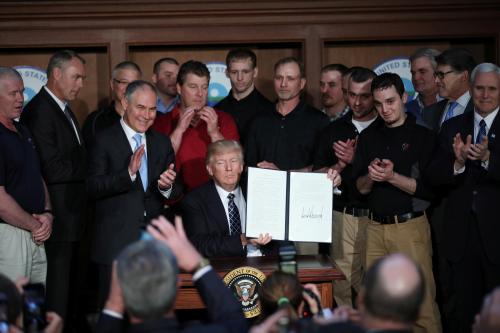

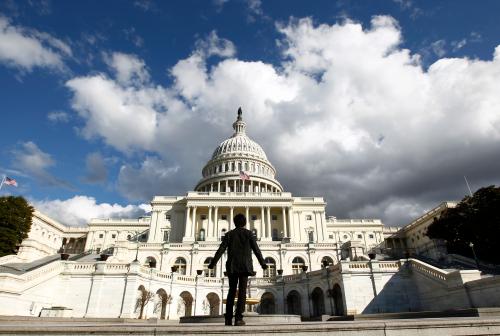
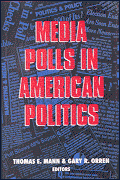
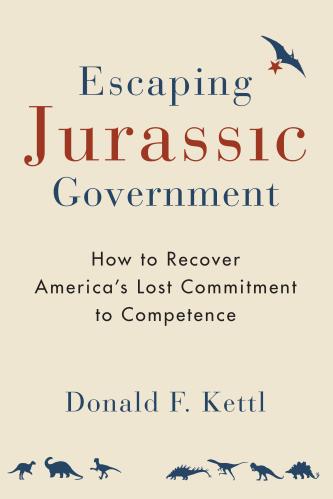
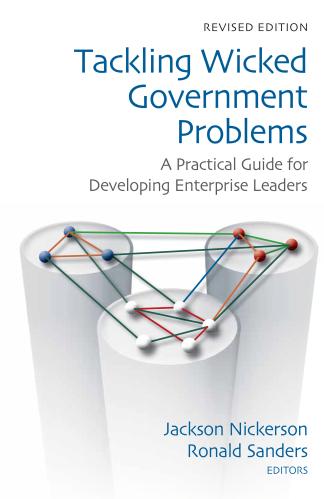


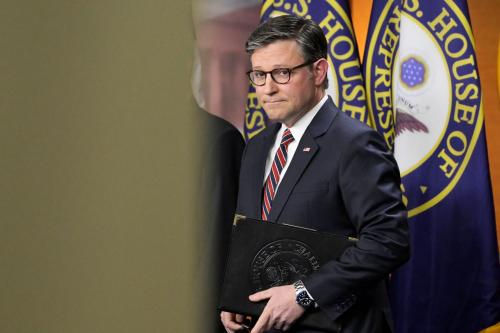
Commentary
What is regulatory capture?
July 24, 2015